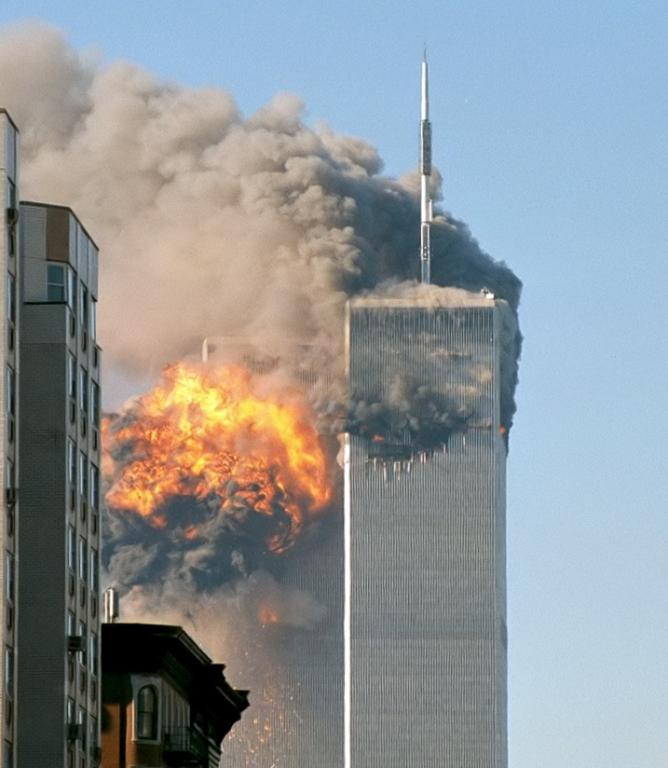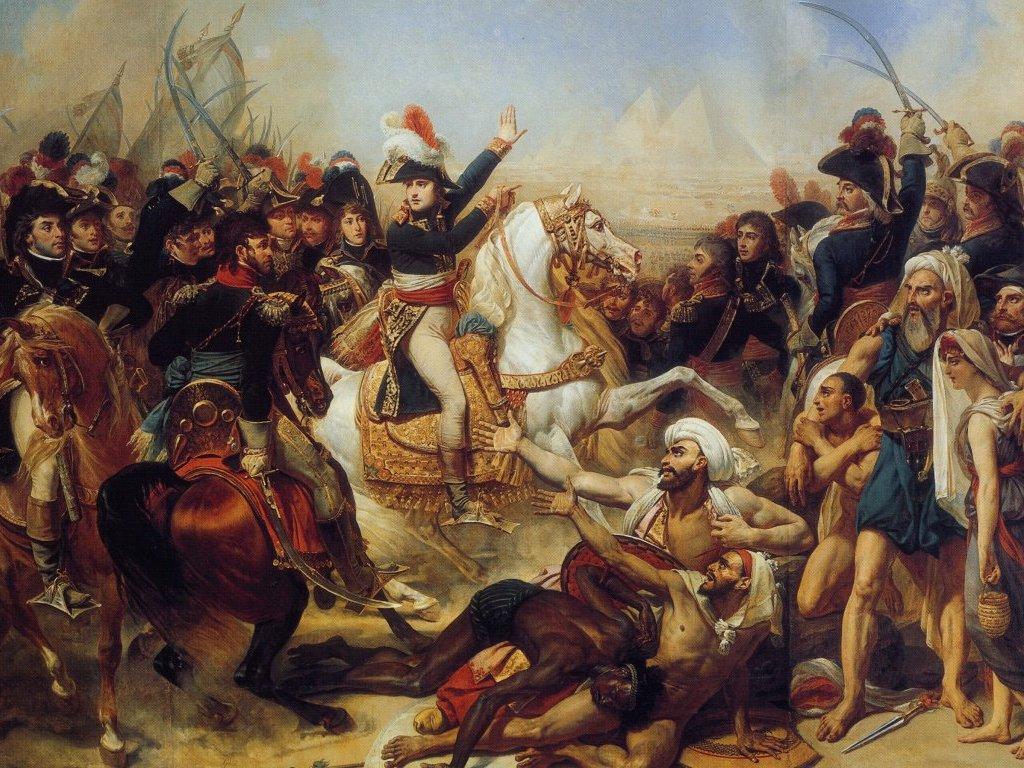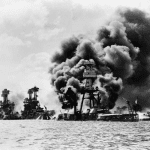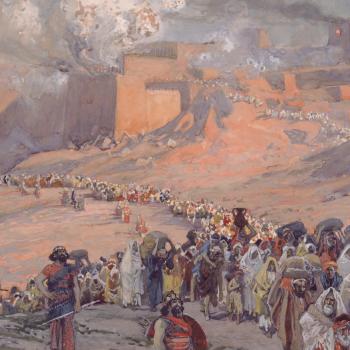
Once or twice, I used Daniel W. Brown, A New Introduction to Islam, 2d. ed. (Malden MA and Oxford: Wiley-Blackwell, 2009) as the principal text for my own introductory course on the religion of Islam. Along the way, I marked a few passages that reminded me of points that I myself wanted to make in a revised third edition of my book on Islam for Latter-day Saints (on which I’m finally beginning to really get to work). Here are just a couple of those passages:
[F]rom the sixteenth century to the eighteenth century a surprising number of different Muslims in different places concluded that things were not quite right with Islam, that renewal was needed, and that it was their job to set things right. These calls for renewal were motivated by widely varying circumstances, and the would-be reformers differed widely about what needed to be reformed. There are enough calls for reform, however, to suggest a fairly widespread sense of malaise. There is little sign of the kind of confidence exuded by Usāma [b. Munqidh (1095-1188), an Arab poet and knight] in the face of the Crusaders. And by the eighteenth century there was little excuse not to feel gloomy, for everywhere Muslim political and military power seemed to be in decline or disarray. The mood was caught by nineteenth-century Muslims, and it would deeply influence the ways that many of them would respond to the European encounter. (246-247)

Wikimedia Commons public domain image
On June 28, 1798[,], a French armada under the command of Napoleon Bonaparte appeared off the Egyptian coast near Alexandria. Within less than a month the army of the Republic had crushed the Mamlūk army at the battle of the Pyramids, and Egypt was in French hands. The period of overt European colonialism had arrived, and for this reason 1798 is often taken as the marker for the beginning of modernity in the Middle East. (249)
On the morning of September 11, 2001, the world seemed to suddenly change. Western societies woke up to the significance of Islam in the world. Suddenly, the United States was at war, first in Afghanistan, then in Iraq, and finally in a sort of permanent war — a war with no predictable end — between the West and radical Islam. (282)
At one level, . . . 2001 marks an historical turning point as significant as 1798 or 1914. Napoleon’s invasion of Egypt in 1798 symbolically launched the eighteenth century [sic; probably better “the nineteenth century” -dcp] and marked the beginning of modernity on [sic] the Islamic world. World War I ushered in the turbulent twentieth century with all of its political and ideological turmoil and launched the era of the nation-state; and the twenty-first century began on September 11, 2001. (283)












